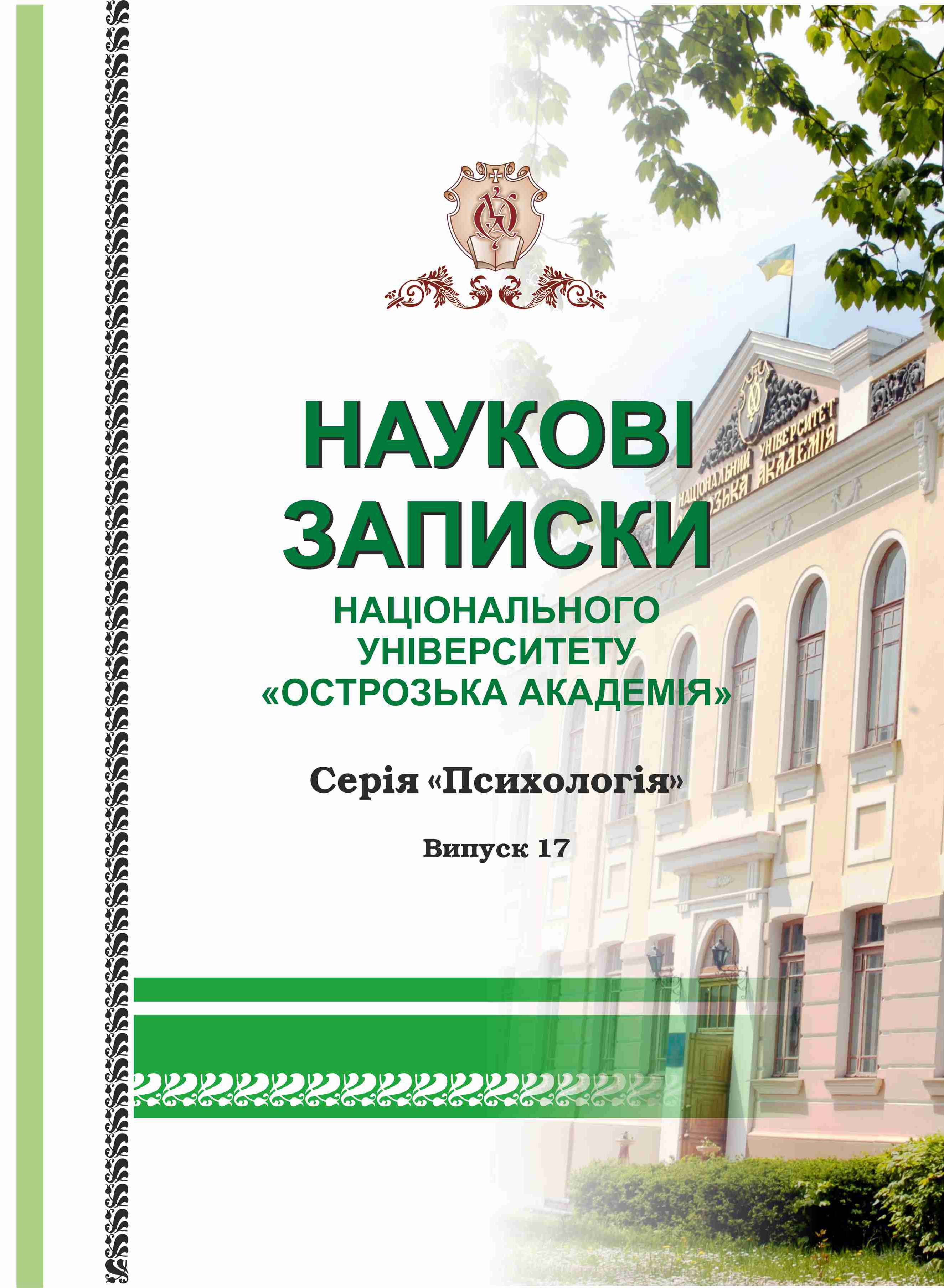THEORETICAL AND METHODOLOGICAL ASPECTS OF THE RESEARCH OF RESILIENCE OF EDUCATIONAL ORGANIZATIONS
Keywords:
resilience, organizational resilience, organizational resilience model Stephanie Duchek, BASIC model PhAbstract
The article deals with the concept of resilience in the context of meaningful transformation from a personal trait to a dynamic process, protective factors of resilience, as well as its complexity with other semantically similar concepts, in particular resilience and stress resistance. The authors emphasize the independence of resilience from the cultural context, society, family, experience and learning. Particular attention is paid to the analysis of the concept of organizational resilience, in particular to the disclosure of the corresponding model of the German researcher Stephanie Duchek, which includes the stages of anticipation, overcoming and positive adaptation. The need to use the resilience approach in managing educational institutions in conditions of uncertainty and crisis is substantiated.
The results of an empirical study of resilience resources of higher education students based on the "BASIC Ph" model test are presented. The history of the empirical base of the research was a sample of 100 respondents aged 17 to 20 who are students of the National University "Ostroh Academy" majors 013 Primary education, 035 Philology: 035.041 Germanic languages and literature, 035 Philology: 035.01 Ukrainian language and literature, 032 and archaeology. Survey during April – June 2023 using Google Form survey software. According to the results of the empirical research, students in stressful situations use the following strategies critically: C – cognition, cognitive strategies (Cognition) indicator 20.79, B – faith, values (Belief & values) indicator 18.84, I – imagination, creativity (Imagination) indicator 18.54, Ph – physical and bodily resources (Physical) indicator 16.55, A – emotions, feelings (Affect) indicator 16.36, S – social connections, communication (Socialization) indicator 16.08.


